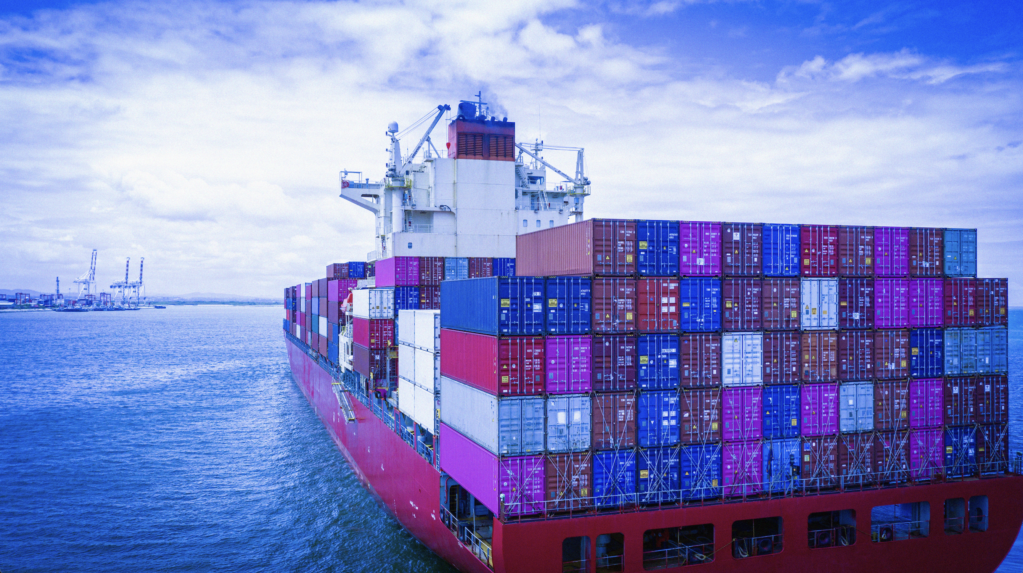The CCPA is one of 37 Canadian and U.K. organizations—as well as 57 academics—that sent a letter calling on Prime Ministers Justin Trudeau and Rishi Sunak to show climate leadership by signing a side-letter excluding the CPTPP’s unnecessary and harmful ISDS provisions. This is exactly as the U.K. did with Australia and New Zealand, and would “remove the huge financial risk to both countries, as well as the infringements on our respective rights to regulate and on the pursuit of a just transition.”
Read more about the issue in the letter below.
Dear Prime Ministers Justin Trudeau and Rishi Sunak,
A side letter between the UK and Canada excluding ISDS as a condition of UK accession to the CPTPP
We concerned residents, non-governmental organizations and trade unionists in Canada and the United Kingdom urge you to take immediate steps to ensure that the UK’s accession to the Comprehensive and Progressive Agreement for Trans-Pacific Partnership (CPTPP) does not block either countries’ ability to enact mandated climate and environmental policies.
Specifically, we urge you to sign a side-letter that will remove access to the investor-state dispute settlement (ISDS) provisions of the agreement for Canadian and UK investors operating in each other’s country—exactly as the UK did with Australia and New Zealand. Failure to neutralize ISDS in the CPTPP will needlessly deter or drive up the cost of achieving a just transition when the need to rapidly cut greenhouse gas emissions could not be clearer.
The Intergovernmental Panel on Climate Change has stated that the existence of ISDS in international treaties risks stalling or blocking the phaseout of fossil fuels. Investors have already successfully used ISDS against countries for phasing out coal-fired power, banning offshore exploitation of oil and gas, and strengthening environmental impact assessments on high-emissions natural resource projects.
Without disapplying ISDS in the CPTPP, Canada and the UK will be liable for ISDS awards far surpassing the compensation investors would expect in domestic court proceedings. Canadian company TC Energy’s $15-billion claim against the US for the cancellation of the Keystone XL tar sands pipeline expansion, and Ruby River Capital’s $20-billion claim against Canada for the rejection of a contested LNG project in Quebec, are cases in point.
Risks to both countries
More than 60 per cent of the ISDS cases lodged against Canada under the now defunct North American Free Trade Agreement (NAFTA) targeted environmental and natural resource policies. Canada consequently removed ISDS from the renegotiated Canada-US-Mexico Agreement (CUSMA) with the stated aim to protect the government’s right to regulate for environmental and public health reasons.
UK-based firms have lodged 101 claims against foreign governments using ISDS mechanisms in investment treaties, making them the third most litigious group after US and Dutch investors. British fossil fuel company Rockhopper Exploration recently won over 163 million pounds ($280 million CAD) after suing Italy over its 2015 ban on offshore oil drilling. That amount is six times what the firm had originally invested in the project. The company plans to invest its winnings in further oil and gas exploitation in the Falkland Islands.
Oil and gas giant Shell is the largest investor in LNG Canada, which is currently building an LNG liquefaction and export terminal in British Columbia that is set to be the single largest source of greenhouse gas emissions in the province. If phase two of the project is approved, the resulting annual emissions will make it impossible for the province to meet its climate goals. If the province does not approve the project, Shell, headquartered in London, could sue Canada using the ISDS process in the CPTPP—as the company has demonstrated it will do in at least four previous ISDS cases.
The risk to the UK is similarly stark: Canadian companies are also particularly aggressive users of ISDS, having brought 65 cases. Canada is a hub for mining and fossil fuel firms, and the majority of ISDS cases lodged by Canadian firms relate to energy or environmental policies.
The UK government has regularly cited the lack of successful ISDS claims against the UK as justification for the inclusion of ISDS provisions in CPTPP. But the ISDS outlook is very different once integrated in treaties with countries that have major FDI stocks in the UK, such as Canada’s $56 billion. This is the second highest level of investment of all CPTPP members into the UK, and the UK has signed a side-letter with the highest, Australia. Even the Confederation of British Industry (CBI) has stated, drawing on Canada’s experience under NAFTA, that there is “a risk of the UK becoming disproportionately targeted through ISDS."
The UK may find itself defending costly ISDS claims over future regulatory intervention that may be needed in the country’s troubled water utilities sector, as Canadian companies are the second biggest overall investors in English water. For example, London’s Thames Water, whose largest investor is a Canadian pension fund, is in talks with the UK government about emergency nationalization. The CPTPP would give Canadian investors a unique power to shape negotiations between British businesses and the government from outside. Given the UK government’s strategic approach to bilateral negotiations on a Canada-UK Free Trade Agreement set an objective to “ensure the agreement does not contain an investor state dispute mechanism (ISDS)”, it is highly illogical to take the opposite position with CPTPP and lock in the risk.
International stances on ISDS
Many countries are walking away from the ISDS regime due to the considerable risks it creates for governments, in particular as they transition off fossil fuels. Eleven countries, including Germany, France, Poland, and the Netherlands, are leaving the Energy Charter Treaty, the world’s most common venue for ISDS lawsuits, citing its incompatibility with their climate commitments. Now the European Commission has formally recommended a coordinated exit of the whole European Union from the treaty.
Australia decided last year to stop signing new treaties that include ISDS and is considering how it might remove the process from existing deals. U.S. President Joe Biden has said he will not include ISDS in any future trade deals. Given the Canadian government's principled denial of consent to ISDS in the CUSMA, we are baffled as to why Canada would open itself to costly new ISDS lawsuits from the UK, the third largest investor in Canada, under the CPTPP.
It is not too late to remove the huge financial risk to both countries, as well as the infringements on our respective rights to regulate and on the pursuit of a just transition, by signing a side-letter disapplying ISDS provisions between Canada and the UK in CPTPP. Failure to do so will only compromise our ability to effectively meet our climate obligations.







